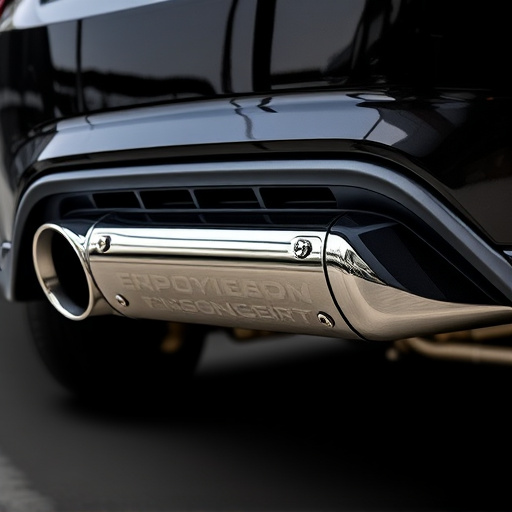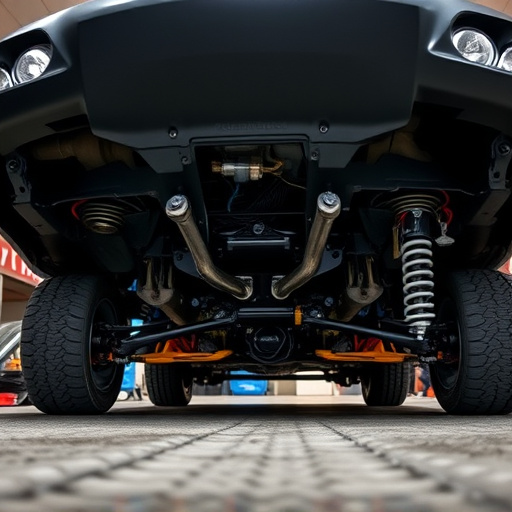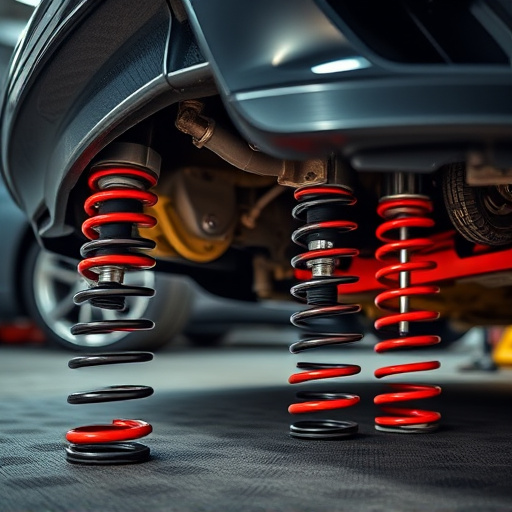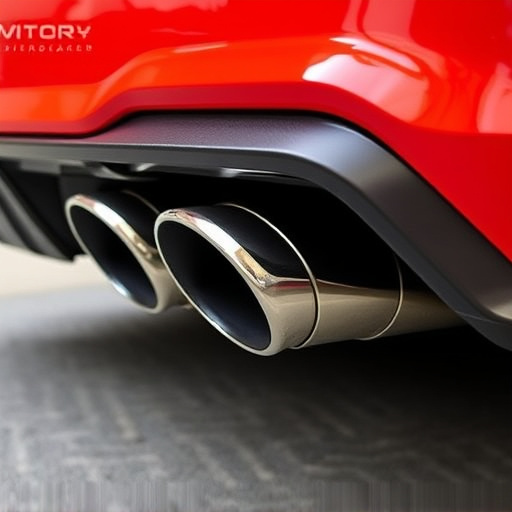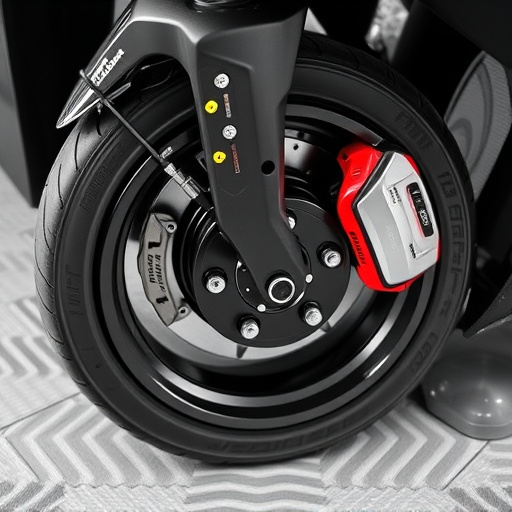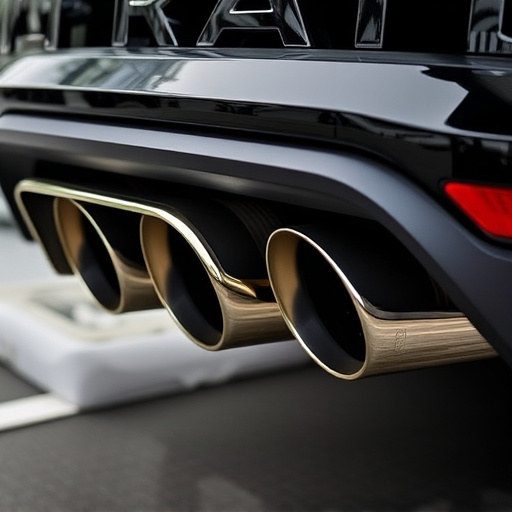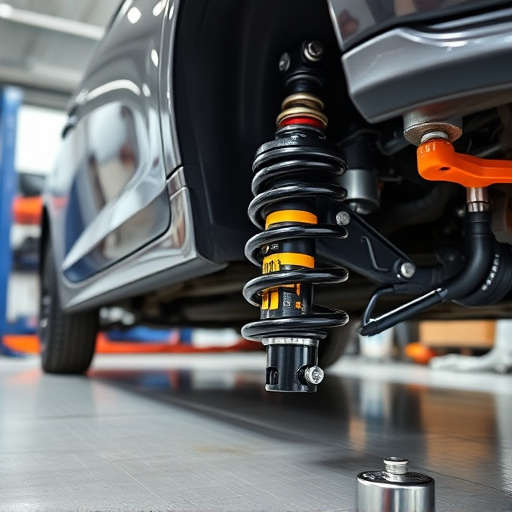Oiled air filters, designed for high-performance vehicles with modified exhaust systems, enhance engine performance by improving airflow and capturing fine particles. They are ideal for off-road vehicles with high-performance exhausts but less suitable for daily commuting cars. These filters use a combination of fiber and oil to trap contaminants, offer longer lifespans, improve fuel efficiency, and provide easy maintenance. Regular checks, cleaning, or swapping based on driving conditions are crucial for optimal performance.
“Unveiling the power of oiled air filters, this article guides you through a crucial topic for home and vehicle maintenance. Oiled air filters, an innovative solution, offer enhanced performance by trapping fine particles and improving airflow. However, proper use is key to avoiding common pitfalls. We’ll explore installation mistakes, from incorrect techniques to using incompatible oil types, and highlight safety precautions and environmental considerations. By understanding these aspects, you can maximize the benefits of oiled air filters.”
- Understanding Oiled Air Filters: Their Purpose and Benefits
- – What are oiled air filters?
- – How do they work and what are their advantages?
Understanding Oiled Air Filters: Their Purpose and Benefits
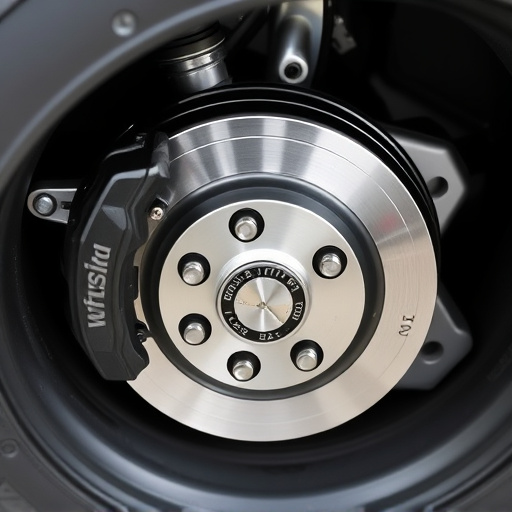
Oiled air filters are designed to enhance engine performance by improving airflow and filtration in internal combustion engines. These filters are particularly beneficial for vehicles with modified or high-performance exhaust systems, including muffler tips and performance exhaust setups. By coating the filter media with oil, it becomes more efficient at capturing smaller particles like dust, dirt, and debris without restricting airflow as much as traditional dry filters. This ensures a smoother flow of air into the engine, which can lead to improved fuel efficiency, enhanced power output, and better overall engine health.
Understanding when and where oiled air filters are applicable is crucial. They are not suitable for all vehicles or driving conditions; their effectiveness depends on factors like engine load, speed, and the nature of the terrain. For instance, off-road vehicles with high-performance exhausts may benefit significantly from oiled air filters, whereas everyday commuting cars might not require them due to less demanding driving conditions and stock exhaust systems.
– What are oiled air filters?
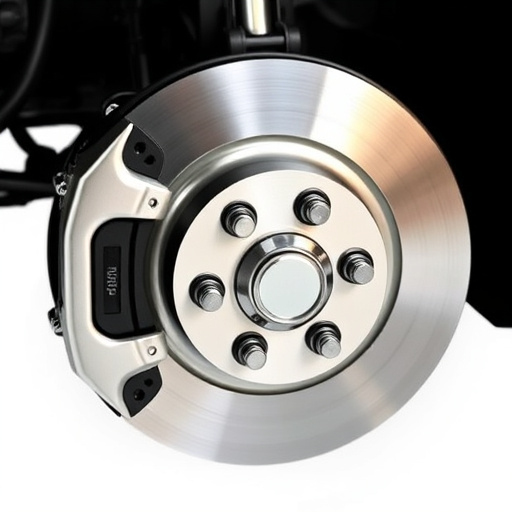
Oiled air filters are designed to enhance the performance of vehicles equipped with direct-injection engines. Unlike traditional air filters that rely solely on a fibrous media to trap particles, oiled air filters use a combination of fiber and oil to capture finer contaminants. The oil acts as a lubricant, reducing friction between airborne particles and the filter media, allowing for more efficient trapping while minimizing airflow restriction. This is particularly beneficial in high-performance vehicles where optimal engine intake is crucial.
These filters are commonly found in cars with powerful engines, sports cars, and high-mileage vehicles. However, proper maintenance is key to ensuring their effectiveness. Users should regularly check for signs of oil contamination or clogging, as these can lead to reduced air flow, affecting engine performance. Unlike dry filters that need frequent replacement, oiled filters require periodic cleaning or swapping, depending on driving conditions and the type of oil used. Maintaining your oiled air filter, along with keeping exhaust mufflers, tips, and brake components in good shape, ensures your vehicle continues to run smoothly.
– How do they work and what are their advantages?
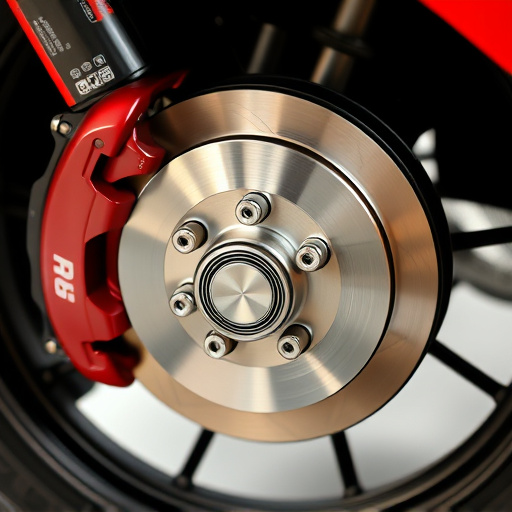
Oiled air filters are designed to trap fine particles and contaminants found in the air that enter your vehicle’s engine. They work by using a highly porous media, often made from cotton or synthetic materials, which is saturated with oil. As air flows through the filter, the oil coats the fibers, trapping dust, dirt, pollen, and other microscopic debris. This process not only improves air quality but also acts as a crucial shield for your engine, protecting it from harmful wear caused by these particles.
One of the primary advantages of oiled air filters is their extended lifespan compared to traditional paper or fabric filters. The oil creates a sticky surface that captures and holds onto contaminants, allowing the filter to last longer even in harsh conditions. Additionally, they can improve fuel efficiency as clean air intake enhances combustion, which is especially beneficial for vehicles with high-performance engines. Many drivers also appreciate the convenience of oiled air filter kits, which often include muffler tips and can be easily maintained or replaced, ensuring optimal engine performance and a smoother driving experience.
When utilizing oiled air filters, being mindful of common pitfalls is essential for maximizing their benefits. By understanding the proper setup, regular maintenance, and specific applications these filters are suited for, you can avoid potential issues and ensure optimal performance. Remember, an oiled air filter is a game-changer when it comes to improving indoor air quality, but only if used correctly.








